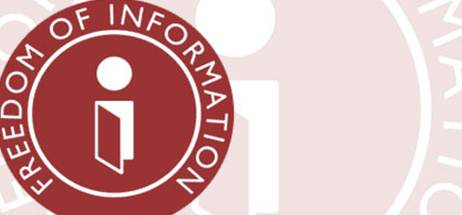The purpose of the Freedom of Information Act 2000 is to promote greater openness by public authorities.
Under Section 19 of the Freedom of Information Act 2000, Warrington and Halton Hospitals NHS Foundation Trust has a legal duty to adopt and maintain a Publication Scheme for the publication of trust information.
This FOI publication scheme is the Information Commissioner's Office approved model scheme and is a guide to the information routinely published by Warrington and Halton Hospitals NHS Foundation Trust. It is a description of the information about the trust that is made publicly available. The trust will review the FOI publication Scheme at regular intervals.
The Publication Scheme helps individuals to find information which the trust publishes. The Freedom of Information Act does not change NHS patients right to confidentiality in accordance with The Data Protection Act 2018, The Human Rights Act 1998 and under the Common Law Duty of Confidentiality
Please note that the Freedom of Information Team do not process requests for patient records. If you require access to patient records contact: whh.


